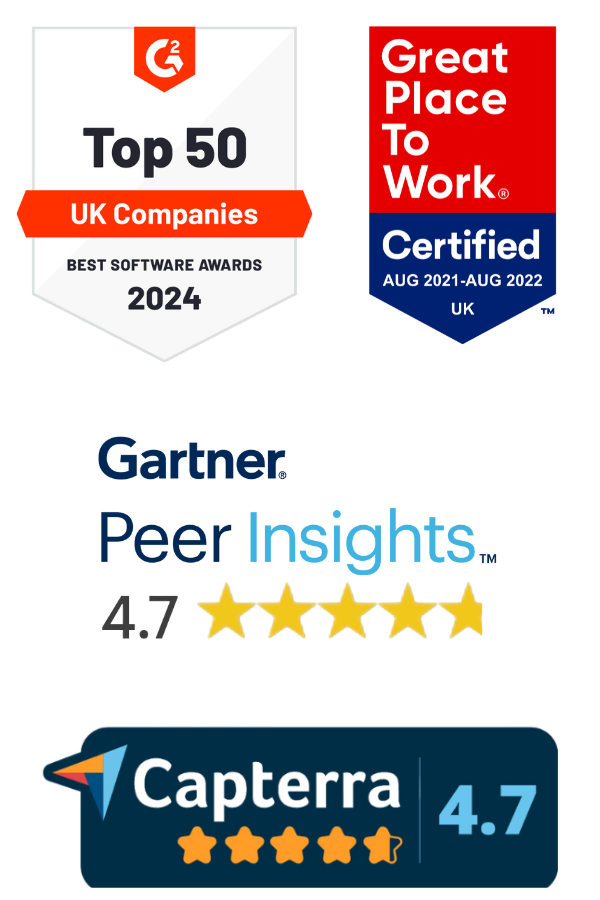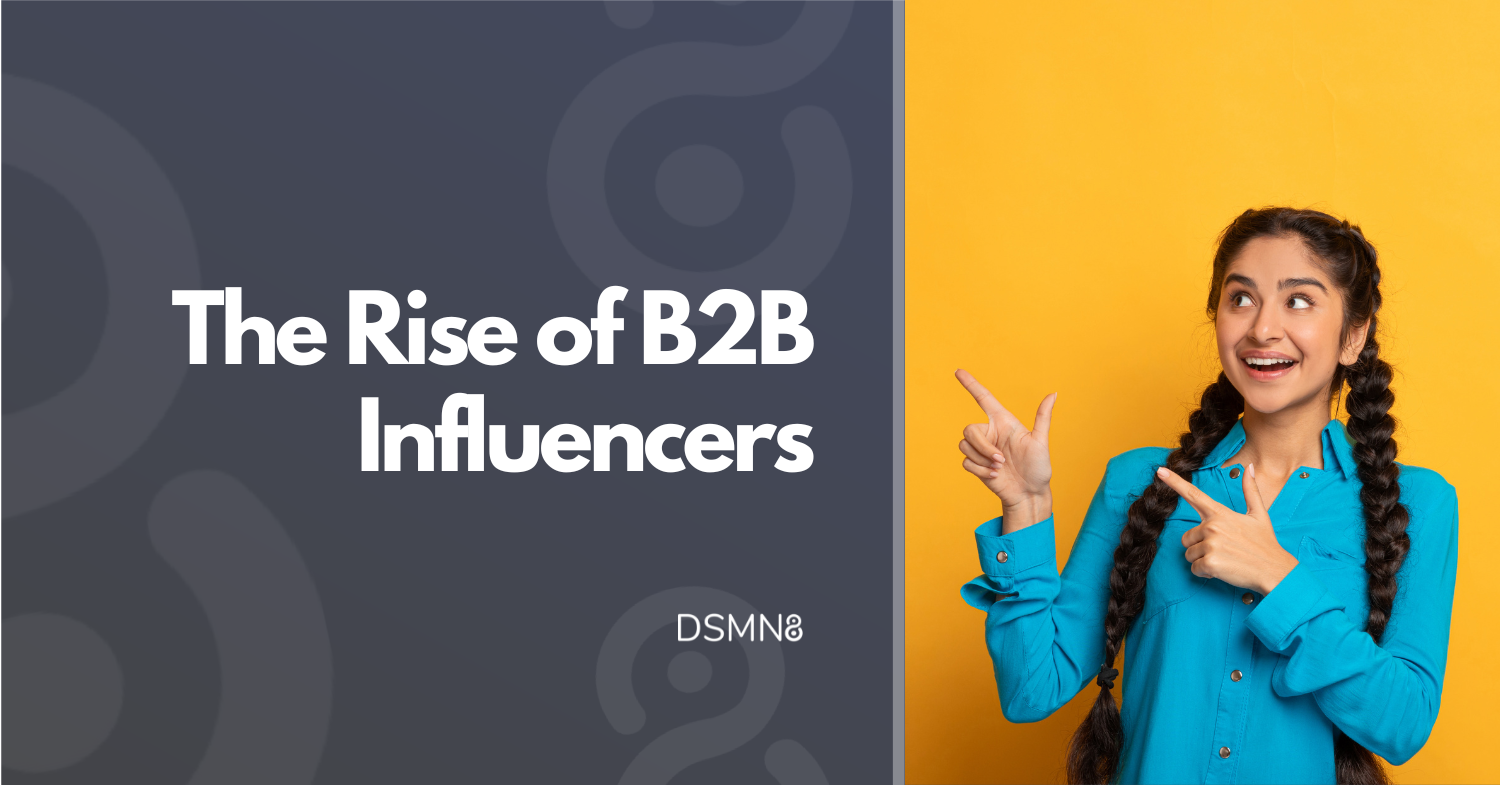
Last updated: 21st December 2023.
What are B2B Influencers, and How Do They Differ from B2C Influencers?
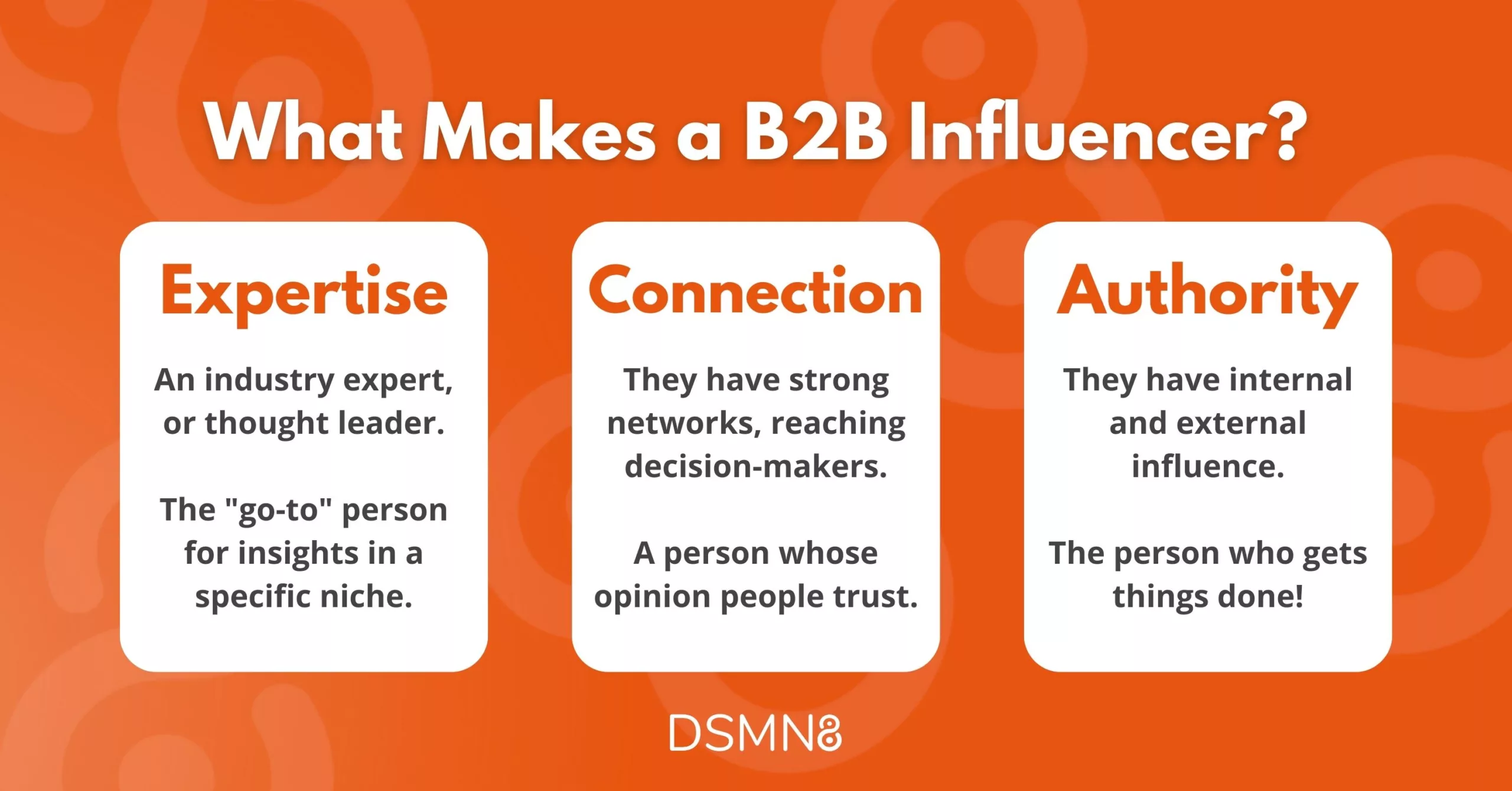
Why Work With B2B Influencers?
By leveraging their expertise and reach, B2B influencers help companies reach their target audience, building trust and awareness in their brand.
Whether it’s through creating and sharing content, social media campaigns, or events and webinars, B2B influencers can help your business stand out in today’s competitive market.
Here are just some results you can expect to see from a B2B influencer marketing campaign:
- Increased brand awareness
- Lead generation
- Improved trust with your audience
- More website traffic and email subscribers
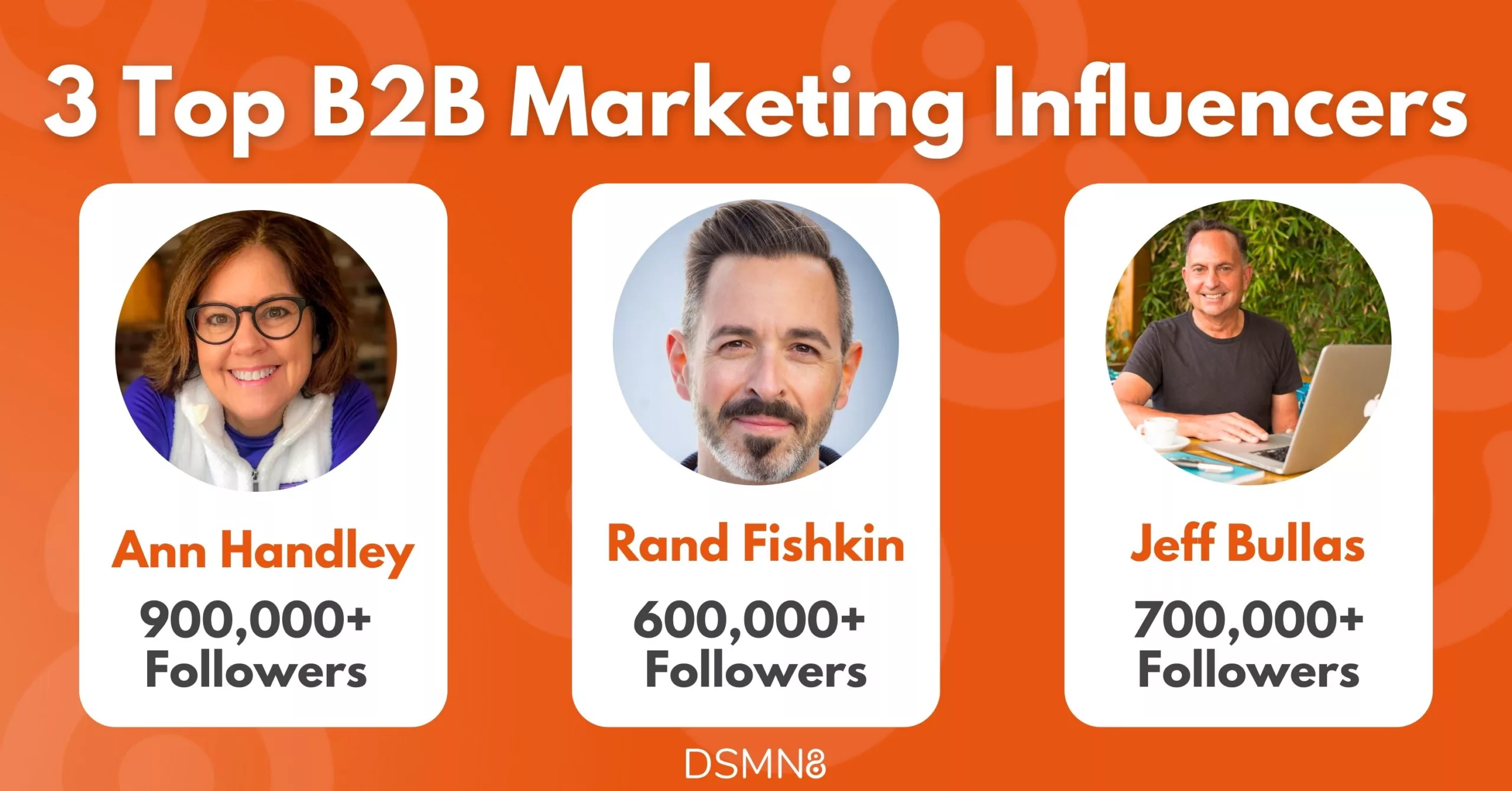
3 Examples of B2B Influencers
So who are the B2B influencers? Got any examples?
Here are three B2B influencers who are absolutely smashing it in the digital marketing sector.
Entrepreneurs in their own right, these individuals have built their personal brands alongside their businesses.
They’re the definition of B2B influence!
Ann Handley
Ann Handley is the Queen of digital marketing. She created MarketingProfs, a marketing training and education business, and currently acts as Chief Content Officer. MarketingProfs has huge influence, with more than 600,000 subscribers.
As a digital marketing pioneer, Ann herself has built an audience of a whopping 465,000 on LinkedIn, and 455,000 on Twitter.
Ann regularly gives keynote speeches at events, and her book ‘Everybody Writes’ is an international bestseller with multiple editions. Let’s not forget that MarketingProfs’ B2B Marketing Forum is the ‘premier global marketing event for business-to-business marketers.’
Her personal brand blends the digital world with the physical world, and she’s become a household name among marketers.
You can find her @MarketingProfs and @AnnHandley across social media.
Rand Fishkin
Anyone familiar with SEO will have heard of Rand Fishkin.
Best known as co-founder and CEO of SEO software Moz, and more recently SparkToro, the audience research platform.
Rand has built a personal brand on social media, demonstrating expertise in SEO, digital marketing and building startups. His influence in the B2B marketing world is vast. If Rand endorses a software, digital marketers know it’s good.
You can find him @RandFish on Twitter and @RandFishkin on LinkedIn.
Jeff Bullas
Described by Forbes as a ‘Top Influencer’ of Chief Marketing Officers, Jeff’s blog and social content educates and inspires marketers across the globe.
Jeff reaches over 25 million people each year through his blog and podcast, with a social following of over 700,000. He covers everything from social media marketing and SEO to Personal Growth.
Jeff’s role as a B2B influencer is clear, with prominently displayed links to ‘Sponsored Content’ and ‘Influencer Services’ at the top of his website.
Find him @JeffBullas on Twitter, LinkedIn and Instagram.
Where To Find B2B Influencers
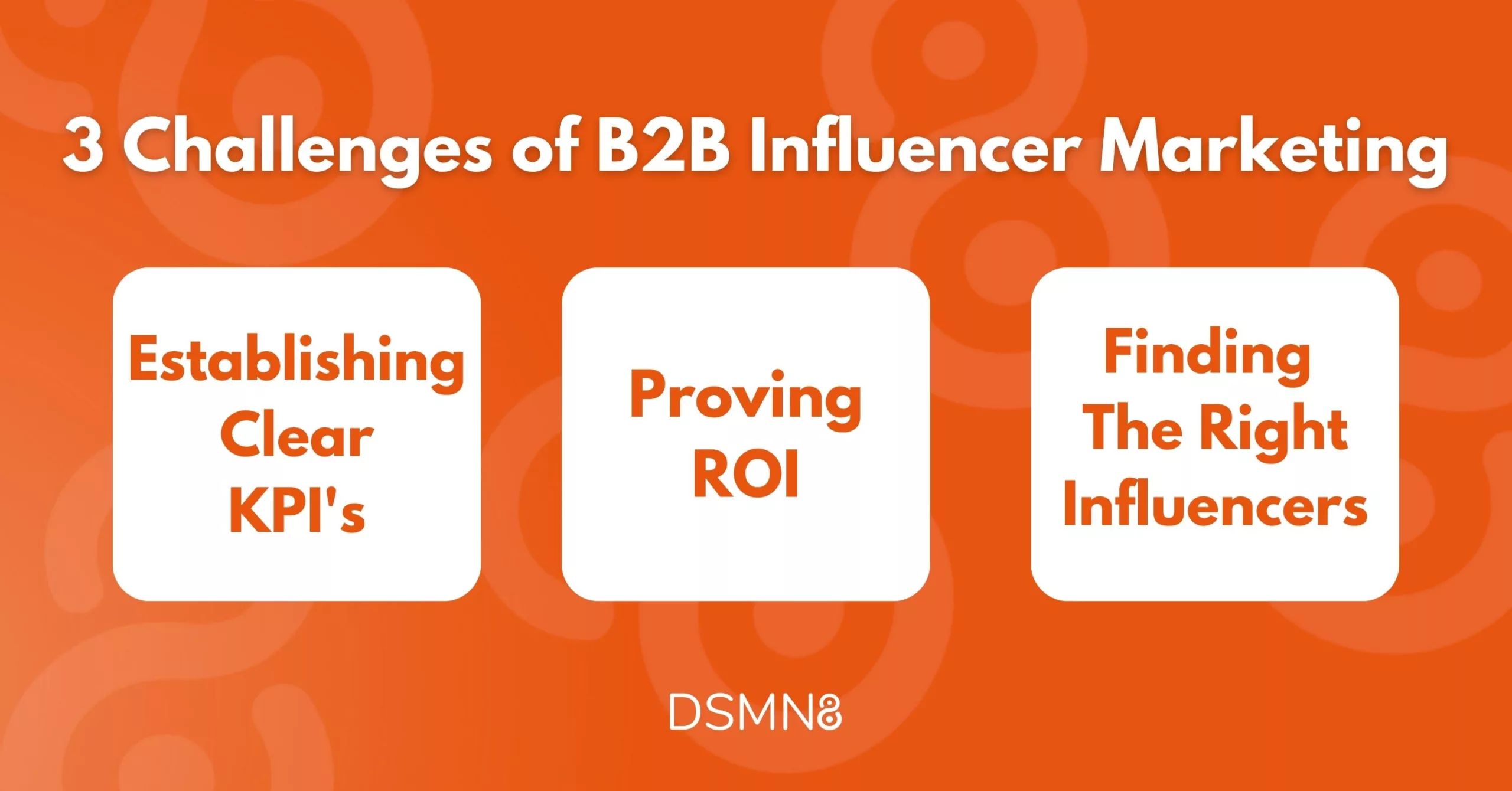
The Challenges of B2B Influencer Marketing
1. Demonstrating ROI
2. Not Having Clear KPIs
- Newsletter signups
- Marketing-qualified leads
- Website clicks
- Opt-in downloads
- Impressions & Engagement on Social Media
3. Finding The Right Influencers
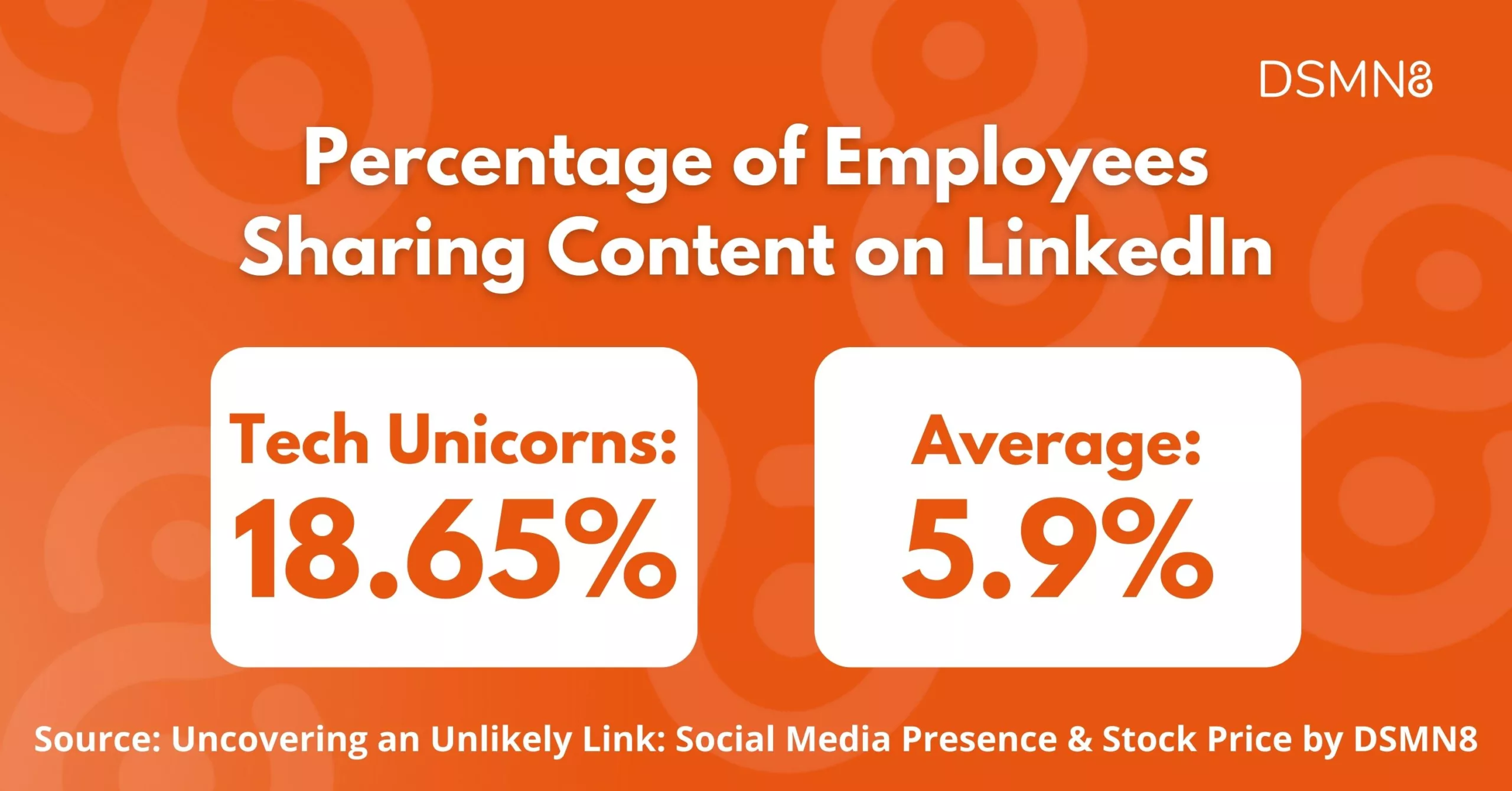
How Employee Influencers Take B2B Marketing To The Next Level
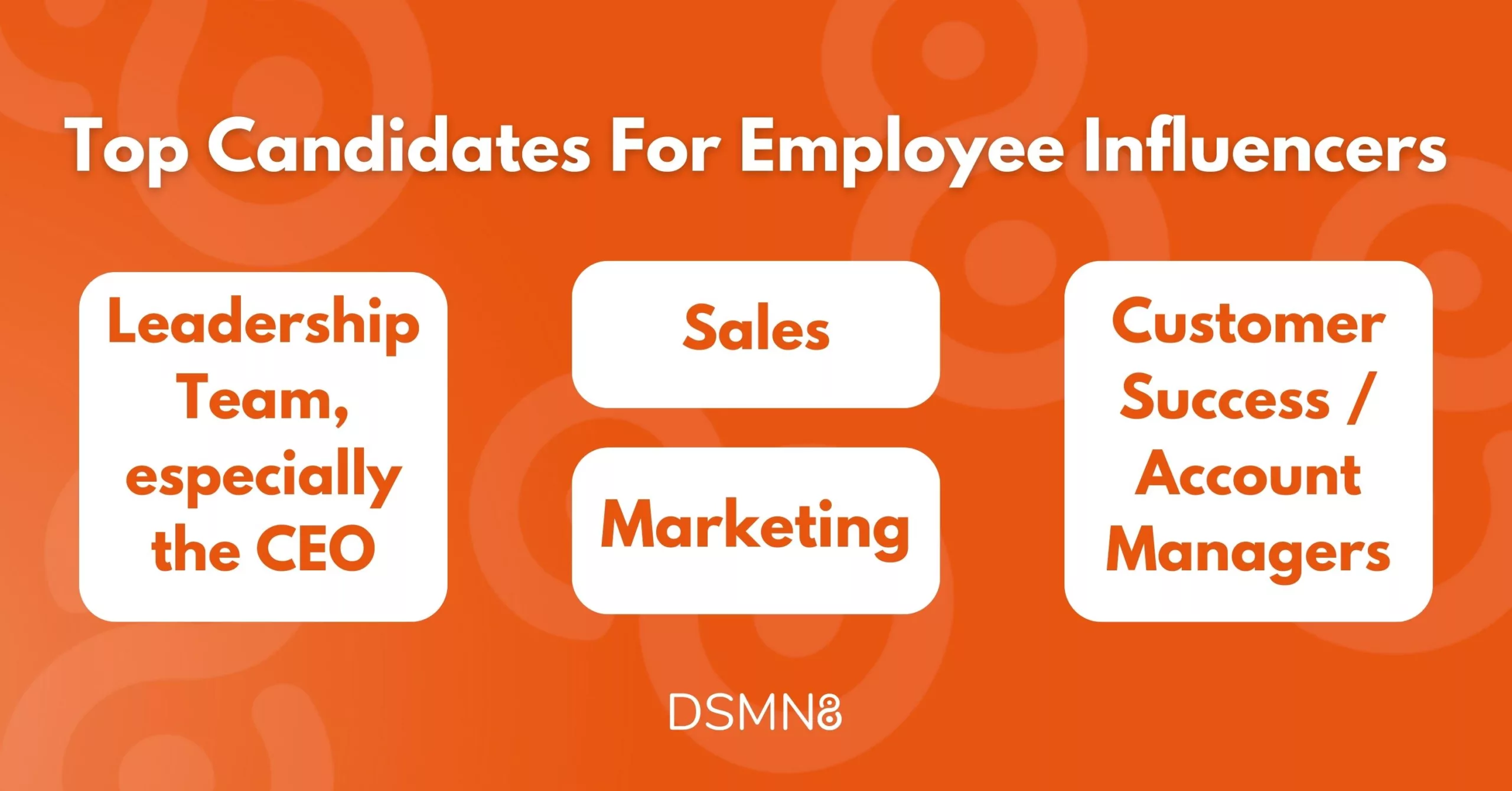
Top Candidates For Employee Influencers
The Future of B2B Influencers
Ready to start an employee advocacy program that your team will actually want to participate in?
Book a demo of DSMN8, the all-in-one Employee Advocacy Platform.
More Influencer Marketing Content 👇
Emily Neal
SEO and Content Specialist at DSMN8. Emily has 10 years experience blogging, and is a pro at Pinterest Marketing, reaching 1 million monthly views. She’s all about empowering employees to grow their personal brands and become influencers.




